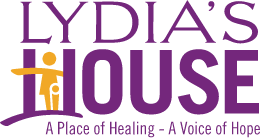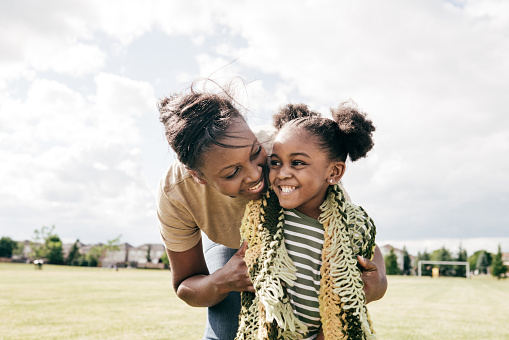A Place of Healing – A Voice of Hope.
FAITH WORKS
Offering an open approach to spirituality which is inclusive of all faith traditions.
Lydia’s House was founded in 1995 by four women who belonged to the same faith community: Mary Albert, Martha Brunell, Doris Waggoner and Dawn Stringfield. These women shared a spiritual connection and a higher calling to help victims of domestic violence. The origin of Lydia’s House continues to inform our mission of working in faith to end domestic violence by being a place of healing and a voice of hope for abused women and their children.
Our approach to spirituality at Lydia’s House is open and inclusive, and is not guided by any specific faith tradition. Rather, our goal is to help women from all walks of life nurture their own unique beliefs. We believe the inclusive atmosphere at Lydia’s House helps honor women wherever they may be on their personal journey — and gives them the choice of whether their spirituality aligns with a particular faith tradition.
Faith communities play an integral role in our mission and ministry, and we welcome the opportunity to help congregations and spiritual groups take a stand against domestic violence.

Did You Know?
The name for Lydia’s House was inspired by a Bible passage (Acts 16: 11-15, 40). Lydia was a “dealer in purple cloth” and a woman who practiced hospitality. Our organization feels connected to Lydia because we seek to offer hospitality to the women and children who enter our doors.
Why Faith Community Support Matters
Religion and faith traditions often play an important role in the lives of those who are affected by domestic violence. Over the years, women at Lydia’s House have said their relationship with God is what sustained them and provided comfort in the midst of abuse. It was also because of their relationship with God that these women found the strength and courage to leave an abusive relationship.
Unfortunately, it is also true that religion has been historically misused and misunderstood when applied to different instances of domestic violence. Faith community leaders have not always interpreted sacred texts or offered counsel in ways which were helpful or life-giving to women suffering from domestic violence. Abusers have also commonly used sacred texts or faith teachings to condone or justify their harmful behavior.
Because religion and faith traditions have such significance in the lives of victims and survivors of domestic violence, faith communities play an important role in raising awareness of domestic violence and offering support within their communities. Help your congregation take a stand.
Faith in Action: Opportunities for Direct Outreach
Building a Life of Hope
“I really struggled when I first came to Lydia’s House, but the staff helped me learn from my mistakes instead of making me feel bad about them. My staff advocate helped me to set goals and stay focused, because I wanted a better life for my girls. Although I was finally able to move into my own apartment, I still go to support groups and meet with my advocate. Their support has truly been a blessing in my life. I finally feel safe, and I’m so glad that my girls will know how to love without pain.”




